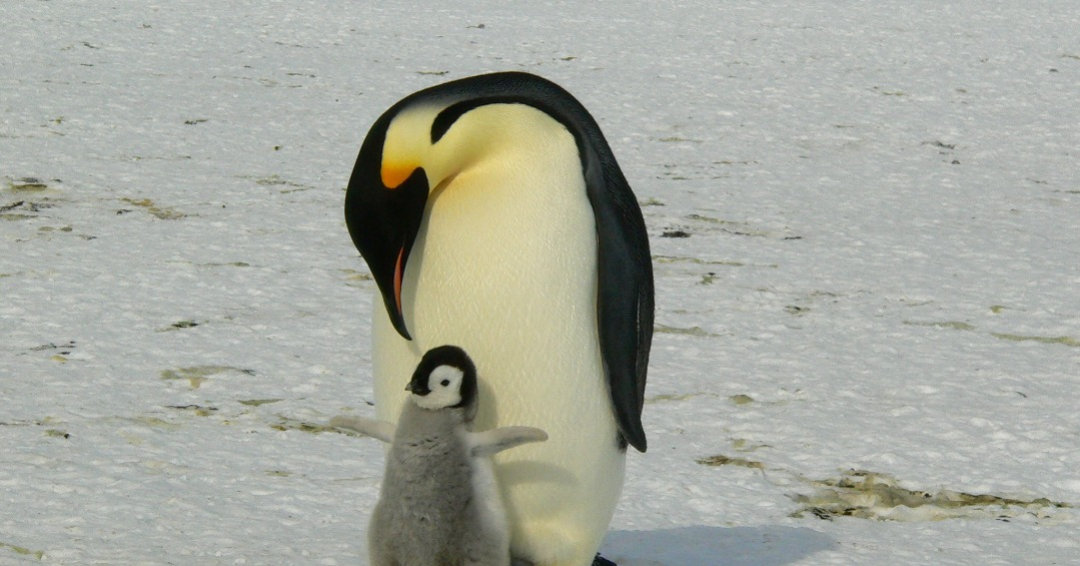GPS-based technology is being used to help researchers learn more about emperor penguins' feeding patterns, as part of efforts to protect them from environmental threats. Birds at the Cape Crozier emperor colony have been wearing trackers akin to Fitbits that record how far the penguins travel for food.
New Zealand and American researchers at the National Institute of Water and Atmospheric Research (NIWA) and San Jose State University's Moss Landing Marine Laboratories are working on this project.
First, they catch and fit emperor penguins with data loggers, then release them. When the birds return to shore, they are recaptured and the data loggers are retrieved. This research has revealed that during a 16 days of foraging trip that they undertake in order to fuel up to feed their chicks, some of these birds can travel over 1000km and dive to a depth of 486 m.
Pinguinul imperial este o specie afectată profund de schimbărilor climatice. Pinguinii depind de existența gheții pentru a se reproduce și, dacă nu se iau măsuri pentru a reduce ritmul topirii acesteia, se estimează că populația de pinguini imperiali va ajunge în pragul dispariției până în 2100.
Source: Antarctica New Zealand

